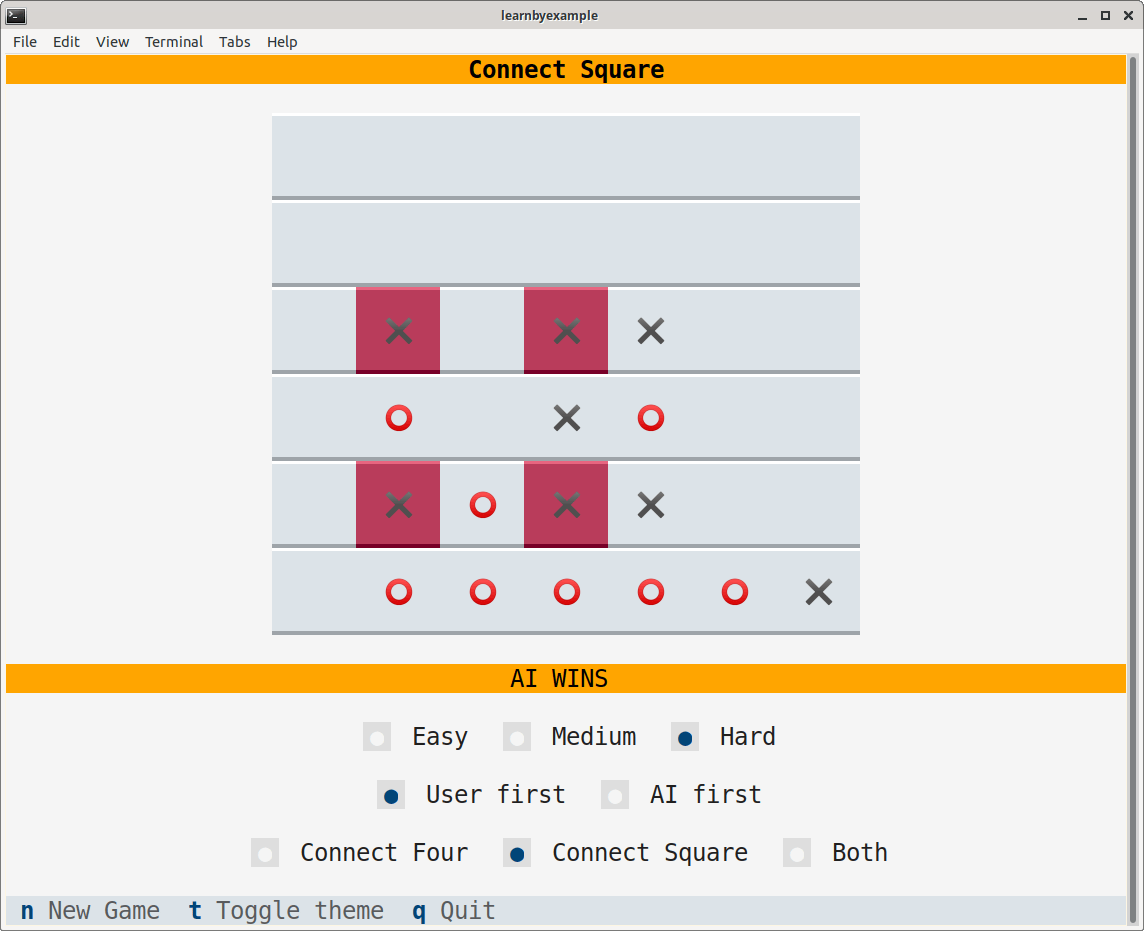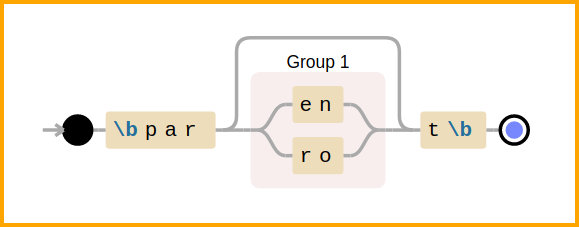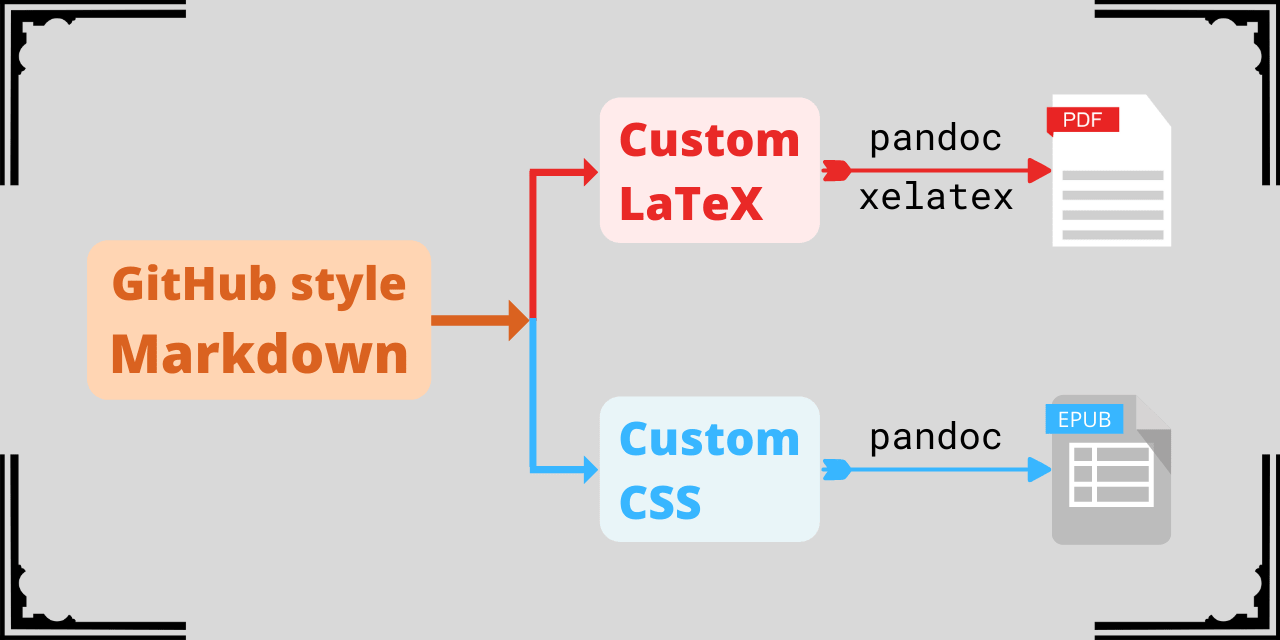Festive offers for books on Python, Linux, Regular Expressions, Vim and more!
Hello!
Here are some awesome deals for programming books and courses during the 2025 festive season.
Hello!
Here are some awesome deals for programming books and courses during the 2025 festive season.

This blog post gives an overview and examples of regular expression syntax as implemented by the re built-in module (Python 3.13+). Assume ASCII character set unless otherwise specified. This post is an excerpt from my Understanding Python re(gex)? book.

Visualization created using debuggex for the pattern r'\bpar(en|ro)?t\b'
Either you've already heard of pandoc or if you have searched online for markdown to pdf or similar, you are sure to come across pandoc. This tutorial will help you use pandoc to generate pdf and epub versions from a GitHub style markdown file.
The main motivation for this blog post is to highlight the customizations I used for self-publishing my ebooks. It wasn't easy to arrive at the setup I ended up with, so I hope this will be useful for those looking to use pandoc for such a purpose. This guide is specifically aimed at technical books that has code snippets.

Poster created using Canva
The command name sed is derived from stream editor. The most commonly used editing command is substitution, for which various examples are shown in this blog post.
The examples presented here have been tested with
GNU sed. Syntax and features might differ for other implementations.
Hello!
I am pleased to announce a new version of my CLI text processing with GNU awk ebook.
Learn the GNU awk command step-by-step from beginner to advanced levels with hundreds of examples and exercises. This book will dive deep into field processing, show examples for filtering features, multiple file processing, how to construct solutions that depend on multiple records, how to compare records and fields between two or more files, how to identify duplicates while maintaining input order and so on. Regular expressions will also be discussed in detail.
Do you find awk one-liners cryptic? Stuff like !a[$0]++, 1, $1=$1, NR==FNR and -v RS=? You'll find examples and brief explanations for such idioms in this post.
The examples presented here have been tested with
GNU awk. These are likely to work with most other implementations ofawkas well.
Hello!
I just published a new version of my Understanding Python re(gex)? ebook.
This book will help you learn Python Regular Expressions step-by-step from beginner to advanced levels with hundreds of examples and exercises. The standard library re as well as the third-party regex module are covered in this book.
You might already know how to use the --color option to highlight matched portions with GNU grep. In this post, you'll see how to use ANSI escape sequences to format matched portions with GNU sed and GNU awk.
Hello!
I am pleased to announce a new version of my 100 Page Python Intro ebook. This book is a short, introductory guide for the Python programming language. This book is well suited: